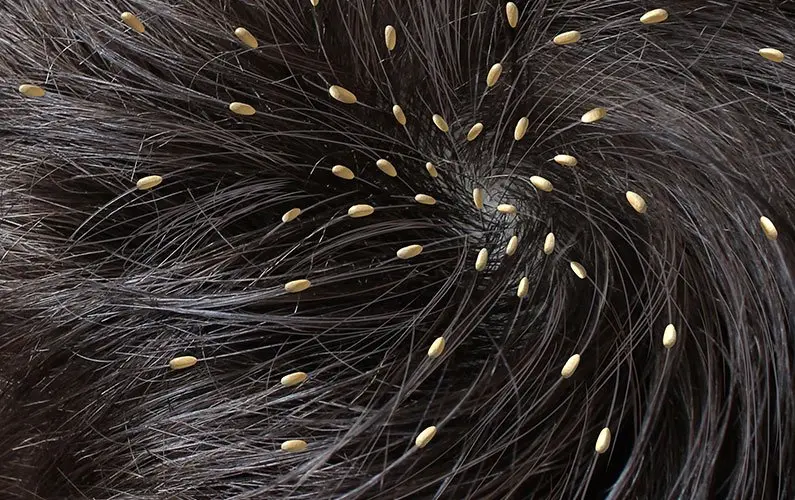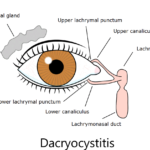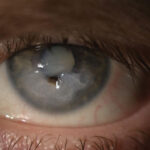What Is Dandruff?
Dandruff is a common scalp condition characterized by flaky skin and itching. While not a serious health issue, it can be persistent and embarrassing. Effective management involves understanding its causes, symptoms, and available treatments.

Causes of Dandruff
Dandruff occurs due to various factors, primarily related to skin cell turnover and scalp health. The main causes include:
1. Seborrheic Dermatitis
A leading cause of dandruff, seborrheic dermatitis is a chronic inflammatory skin condition that affects oil-rich areas, including the scalp. It causes redness, greasy patches, and flaky skin.
2. Overgrowth of Malassezia Yeast
Malassezia is a fungus naturally present on the scalp. However, an overgrowth of this yeast can lead to irritation and excessive shedding of skin cells, resulting in dandruff.
3. Dry Scalp
People with dry skin are prone to developing dandruff, especially in cold weather. The flakes from a dry scalp are typically smaller and less oily than those from seborrheic dermatitis.
4. Sensitivity to Hair Products
Certain hair care products can cause scalp irritation, leading to contact dermatitis. Ingredients such as sulfates and alcohols in shampoos and styling products may exacerbate dandruff.
5. Infrequent Shampooing
Not washing the hair regularly can lead to a buildup of oils and dead skin cells, contributing to dandruff. Maintaining proper scalp hygiene is essential in preventing excessive flaking.
Symptoms of Dandruff
The severity of dandruff symptoms can vary, but common signs include:
- Flaky Skin: White or yellowish flakes appearing on the scalp, hair, and shoulders.
- Itchy Scalp: Persistent itching due to skin irritation.
- Redness and Irritation: Inflammation, particularly in severe cases.
- Greasy Patches: A combination of flakes and excess oil on the scalp.
Effective Treatments for Dandruff
1. Medicated Shampoos
Over-the-counter dandruff shampoos contain active ingredients that help control flaking and irritation. Common formulations include:
- Zinc Pyrithione: Antifungal and antibacterial properties help combat Malassezia.
- Selenium Sulfide: Reduces scalp oiliness and slows down skin cell turnover.
- Ketoconazole: A broad-spectrum antifungal effective in controlling yeast overgrowth.
- Salicylic Acid: Helps remove dead skin cells and prevent buildup.
2. Proper Hair Hygiene
Regularly washing the scalp with a gentle shampoo prevents oil buildup and reduces dandruff symptoms. Using lukewarm water instead of hot water helps retain natural scalp moisture.
3. Scalp Moisturization
For individuals with a dry scalp, using a mild conditioner or scalp oil can prevent excessive dryness and minimize flaking.
4. Natural Remedies
Some natural ingredients have antifungal and soothing properties that can help manage dandruff:
- Tea Tree Oil: A powerful antifungal that reduces yeast overgrowth.
- Aloe Vera: Soothes inflammation and hydrates the scalp.
- Coconut Oil: Moisturizes and has antimicrobial properties.
- Apple Cider Vinegar: Helps balance scalp pH and reduces fungal growth.
5. Avoiding Irritants
Limiting the use of harsh hair products, heat styling, and chemical treatments can prevent scalp irritation and excessive flaking.
Dandruff Prevention Strategies
To reduce the recurrence of dandruff, follow these preventive measures:
1. Maintain a Healthy Hair Care Routine
- Wash hair with a mild shampoo regularly.
- Avoid excessive use of styling products.
- Keep hair and scalp clean and free from buildup.
2. Manage Stress Levels
Stress can contribute to dandruff flare-ups by weakening the immune response, making the scalp more susceptible to irritation. Engaging in stress-reducing activities such as yoga, meditation, and regular exercise can help.
3. Follow a Nutrient-Rich Diet
A well-balanced diet supports scalp health. Essential nutrients include:
- Zinc: Found in nuts, seeds, and seafood, zinc helps regulate skin health.
- Vitamin B: Supports healthy skin cell turnover.
- Omega-3 Fatty Acids: Present in fish, flaxseeds, and walnuts, omega-3s keep the scalp hydrated.
4. Protect the Scalp from Extreme Conditions
Cold, dry weather and excessive heat exposure can worsen dandruff. Wearing a hat in extreme conditions and using a humidifier indoors can help maintain scalp moisture.
When to See a Doctor
If dandruff persists despite home remedies and over-the-counter treatments, it may indicate an underlying skin condition such as:
- Psoriasis: Characterized by thick, scaly patches.
- Eczema: Leads to extreme dryness and itching.
- Fungal Infections: May require prescription antifungal treatments.
Consulting a dermatologist can help determine the appropriate treatment for severe or resistant dandruff.
Final Thoughts
Dandruff is a manageable scalp condition that requires consistent care and the right treatment approach. By identifying the root cause and implementing effective remedies, individuals can maintain a healthy, flake-free scalp.
For persistent cases, medical consultation ensures proper diagnosis and targeted treatments, preventing long-term scalp issues.

